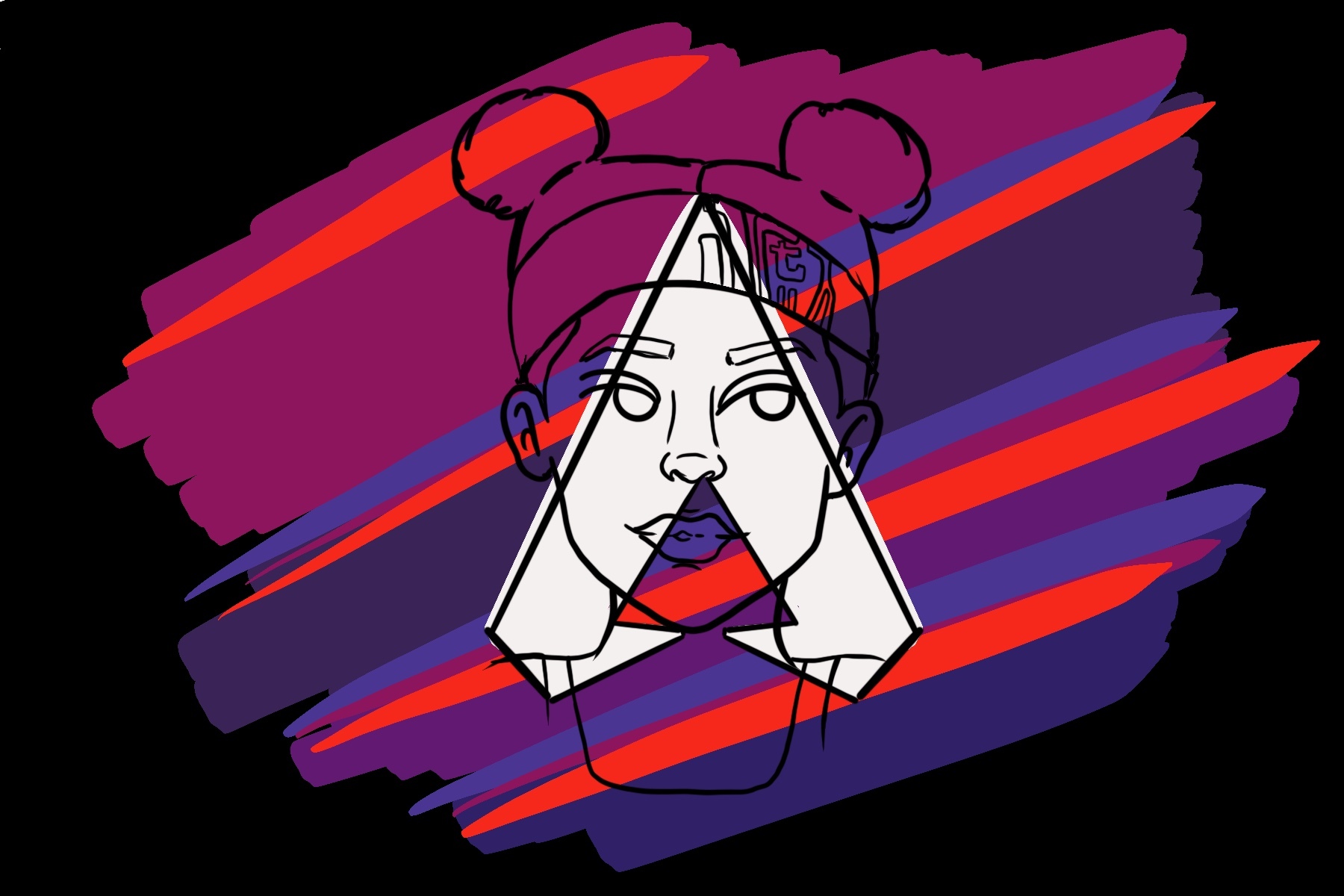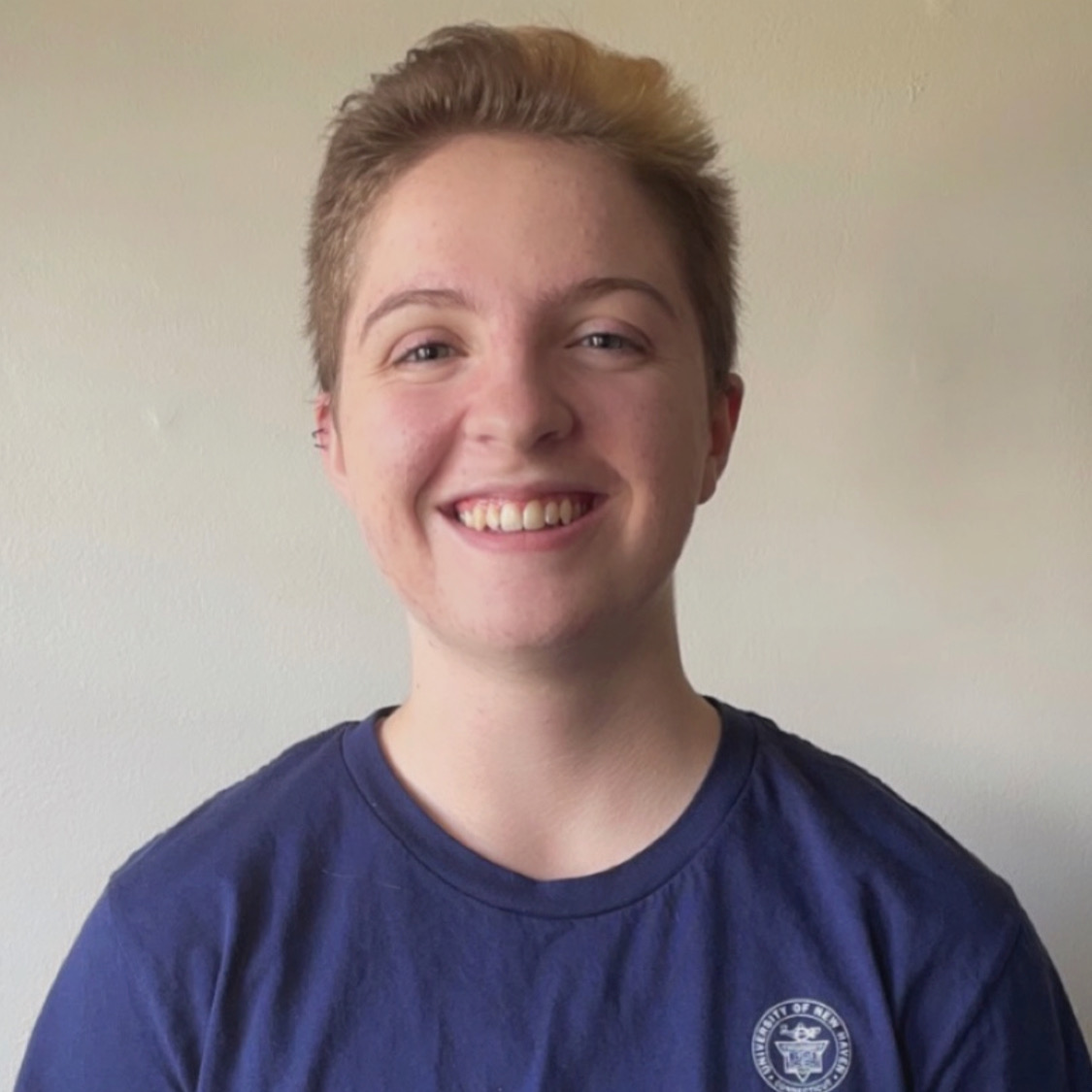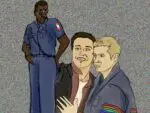When you think of the demographic that typically enjoys playing video games, the same string of adjectives probably pops into your head: young, white, male and heterosexual. It’s no surprise to many that this audience has been targeted for decades of game development, with main characters often reflecting this image back onto the television screen. However, in recent years, the gaming industry has seen this demographic shift. Almost 45% of American gamers are women, and researchers have found that the gaming community is far more diverse than our stereotypes would have us believe, representing people from all ethnicities, sexualities and age groups. Even still, many games have failed to reflect this reality within their stories and characters.
Apex Legends is looking to change that. Released in 2019, this online multiplayer Battle Royale currently boasts a cast of 20 playable characters, all coming from wildly different walks of life. Even at the game’s launch, when the roster only had eight Legends to choose from, Respawn Entertainment was devoted to making sure that all players could see themselves within the character selection screen.
Of the 17 human characters to choose from, 11 of them come from non-white ethnic backgrounds, representing places on the map from the Pacific Islands and the Caribbean, to Nigeria and Japan. These characters pepper in phrases and language from their respective homelands, courtesy of Apex’s diverse cast of voice actors, which often come from the culture that they are representing within the game. The high-spirited healer Lifeline, voiced by Mela Lee, can often be heard speaking Jamaican Creole to her teammates, and the new Legend Mad Maggie, voiced by Nicola Kāwana, mixes in Māori remarks that any New Zealander will recognize.
The representation in Apex goes beyond just culture and language; since its launch, the game has also been setting the tone for equal depictions of gender. Given a long history of objectified, shallow female characters in video games, the writers of Apex wanted to make it clear that there was no correct way for women to act. They are given just as many varieties in the way they express their identity as the male characters.
Some are loud with unapologetically abrasive personalities, while others are more introverted. Some of them dress plainly and cut their hair short, while others appear traditionally feminine by wearing makeup and pastel colors. There are female scientists, engineers, doctors, soldiers and warlords, all represented within Apex’s roster. As Shantel VanSanten, voice actress of Wraith, once said in an interview, it’s important “to have female representation that is strong, that isn’t overly sexualized and doesn’t have to just be like a boy but can be a woman.”
Ten of the Legends identify as female, nine identify as male and one identifies as nonbinary, which is a huge leap for queer representation in the medium. Historically, transgender and gender-nonconforming characters have been absent in video games, and if they do appear, their portrayal is usually strikingly offensive. Bloodhound, one of Apex’s original Legends, is referred to with they/them pronouns by other characters and within promotional material, and this identity has been avidly supported by the game’s developers since its release.
The Apex developers don’t shy away from further queer representation, either. Most gamers can probably count the number of LGBT game characters they know on one hand, but Apex wants to make the identities of their characters explicit. Since the game’s launch, they introduced gay and lesbian Legends, characters that identify as bisexual and pansexual and even those that are questioning their sexuality.
These identities aren’t just confirmed and then brushed under the rug, either. Much of the personal drama the characters are involved in engages with this aspect of their life, from Gibraltar mending his relationship with his ex-boyfriend to a complex love triangle between three of the game’s female characters. Apex embraces the diversity in their characters and isn’t afraid to show it, regardless of which members of their community are driven away by it.
The community has always been the center of their focus in developing this representation. There has been a backlash, naturally, or those that have avoided recognizing the different identities that this game seeks to present, but Apex responds differently than most game studios. Whereas others might cater to players with strong negative opinions, Apex doesn’t find this representation to be worthy of controversy. They’ve even added cosmetic elements to the game to further defend their position. In-game badges showing the LGBTQ+ pride flag, the Black Lives Matter fist and the Stop Asian Hate logo are available to all players.
The writers of the game aren’t perfect, of course, and occasionally their representation can miss the mark. Sometimes their characterization of certain groups can feed into stereotypes that already exist. For example, some have complained that most of the game’s representations of confident, masculine female characters come from the women of color in the game, which can feed into assumptions that already exist about Black women being too loud or aggressive.
Some of the occupations that the Legends had before their involvement in the game center around stereotypes as well. For example, the hacker character is Korean, the seductive thief is Latina and the character that mainly speaks Spanish is a drug addict. Without the context of the rest of their personalities, these characterizations seem obnoxiously reductive.
Apex has also garnered controversy in the past for creating in-game cosmetics that teeter on the edge of cultural appropriation. A skin for the character Crypto, known as “Hype Beast,” is meant to mimic Korean popular street fashion, but it gives box braids (which are a traditionally Black hairstyle) to a non-Black character. Apex has since tried to remedy this by removing this aspect from further iterations of the skin.
With every step backward, Apex has attempted to make up the difference in the other direction. Their representation has helped to battle the pre-existing belief that Asian people are a monolith, and instead their characters represent cultures from all over the Pacific. They’ve also created characters that come from multiracial backgrounds and have added skins to reflect traditional dress from the characters’ home cultures. New characters are constantly being added with new seasons, as well, so they have plenty of room to grow their cast.
The representation in Apex isn’t perfect, as representation rarely is, but this game has still made exceptional strides toward fostering a community that welcomes all sorts of players. Allegra Clark, the voice of Bloodhound, explained that “the number of non-binary and trans people who have reached out to me, its been so wonderful and so great to see them as excited as they are for actually having a character who represents them.”
There is a very tangible effect of this representation within the gaming community, one that has historically left out this kind of representation. Clark continues to say that “I’m so grateful that we as a collective have done something that has made them feel that they matter.”

















